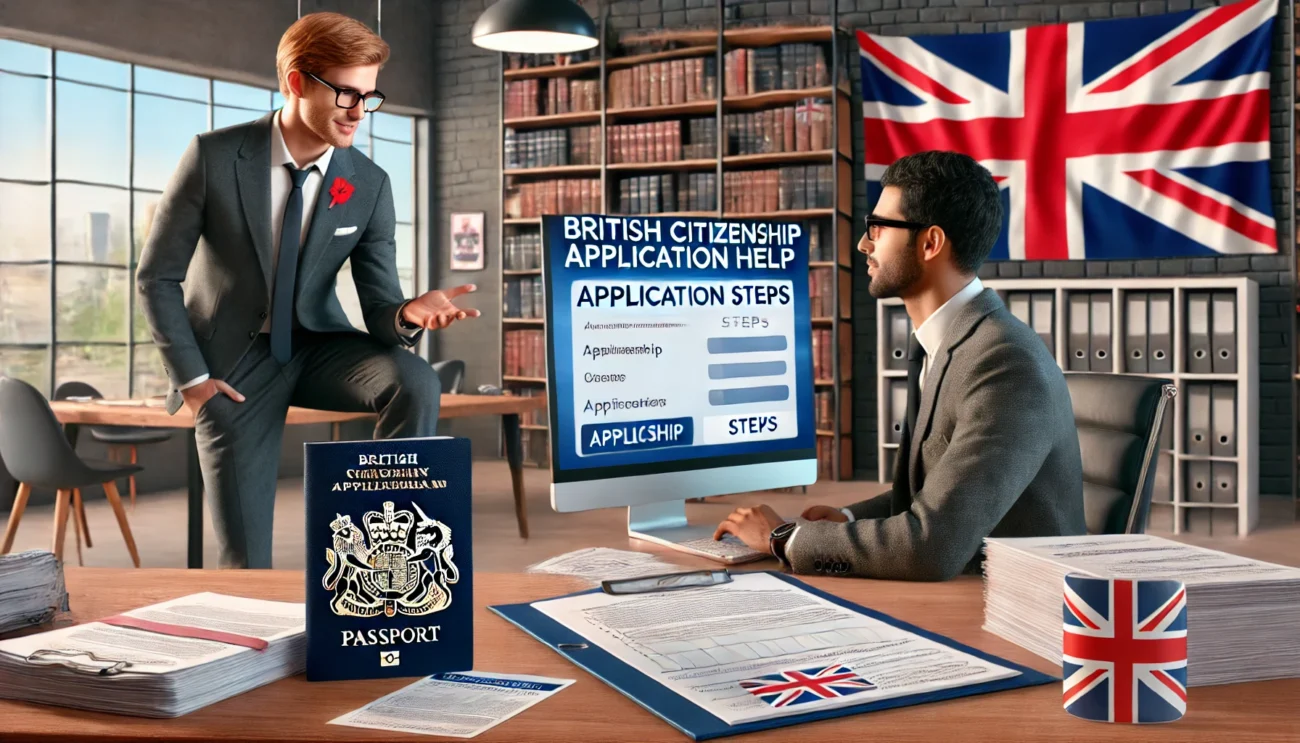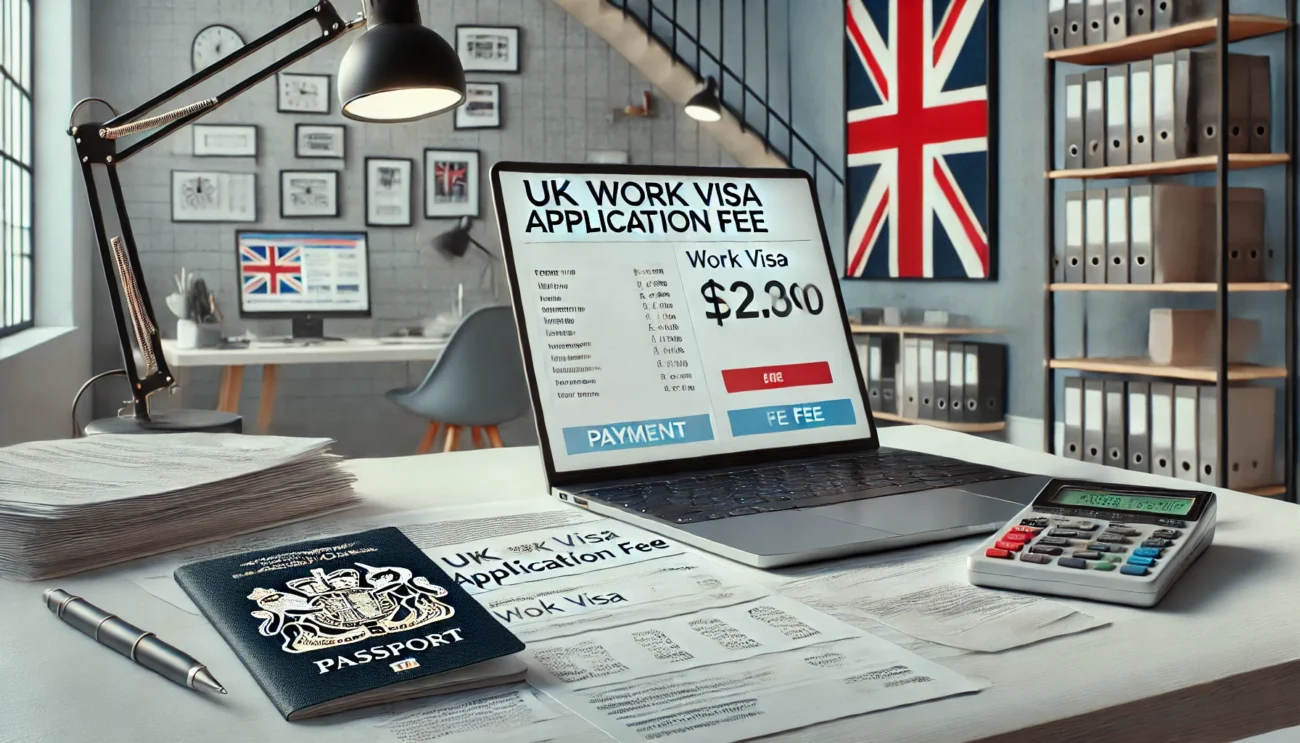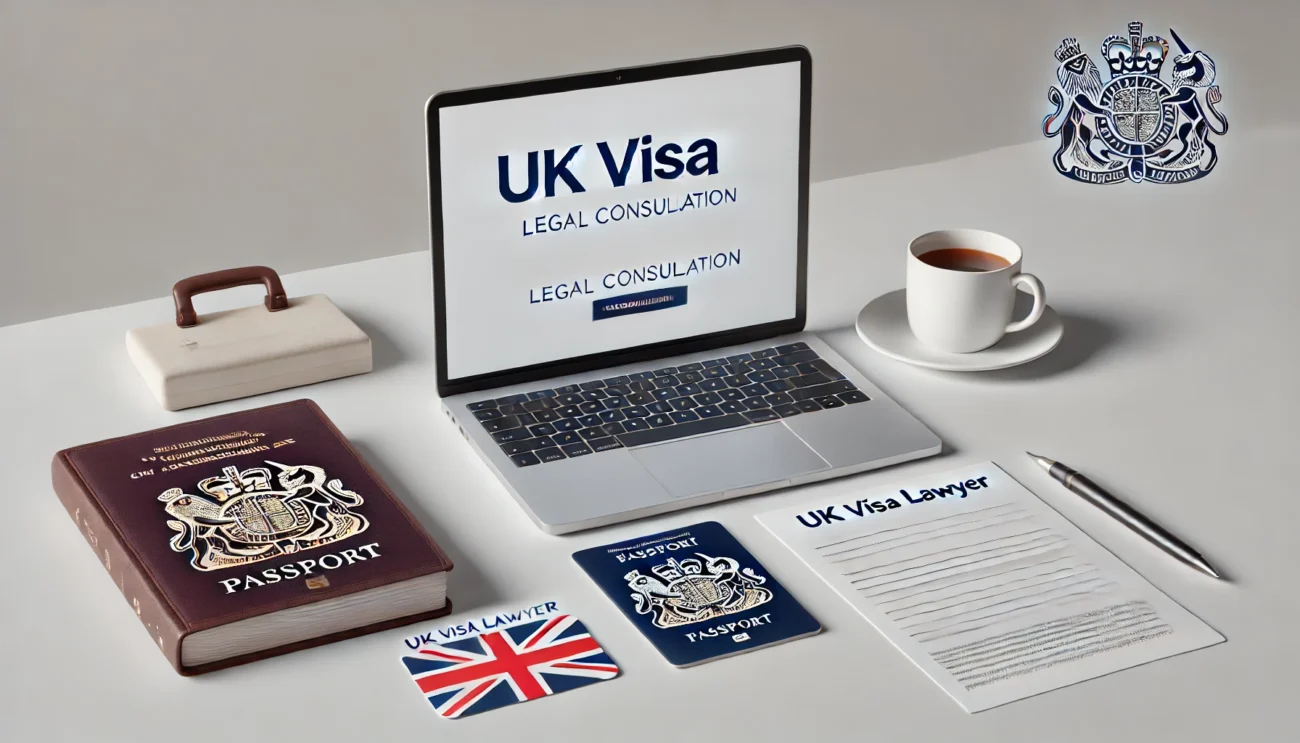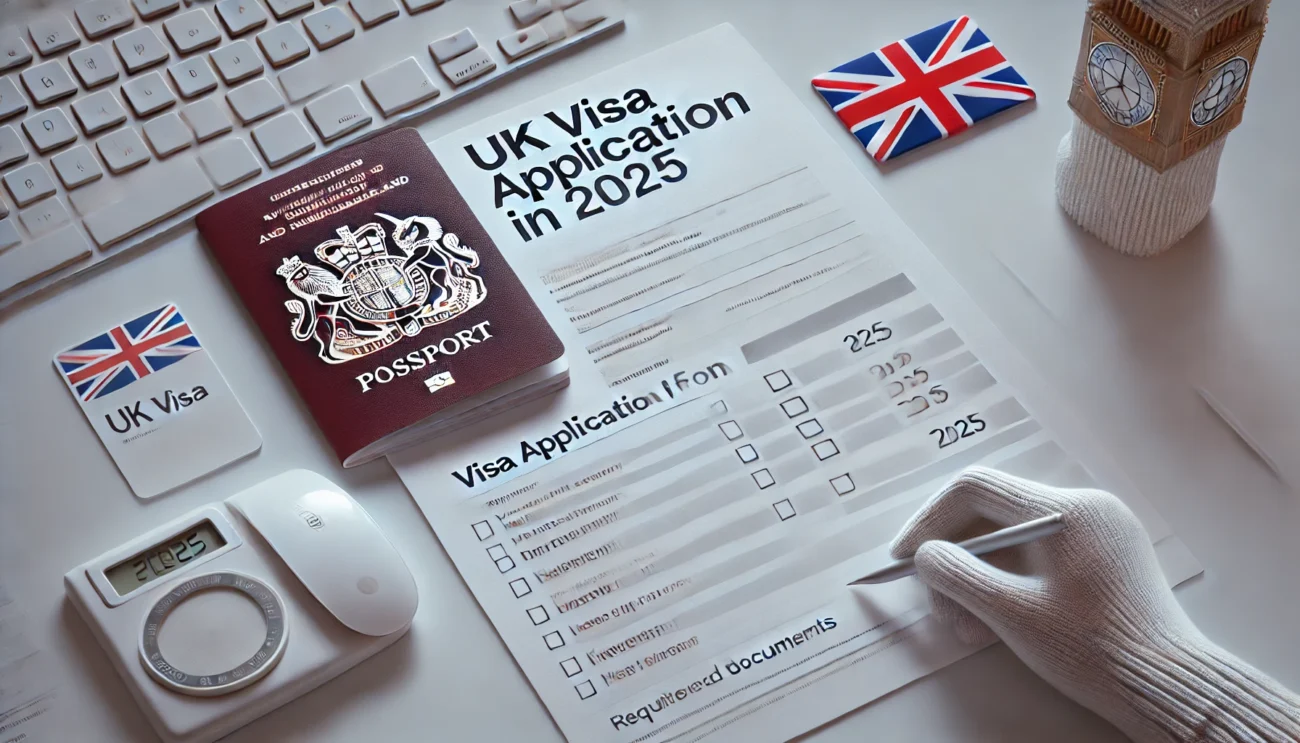Key Takeaways
- There are several routes to acquiring British citizenship, each with its own set of requirements and processes.
- Naturalisation and descent are common routes, but other pathways exist for children born in the UK or abroad, and for long-term residents.
- Legal assistance can simplify the complex process of applying for British citizenship.
Introduction
Acquiring British citizenship is a significant milestone for many individuals, opening the doors to a life of greater security, opportunity, and community in the UK. There are multiple routes to British citizenship, each catering to different circumstances and eligibility criteria. In this article, we will delve into the various pathways to becoming a British citizen, helping you understand which route may be the most suitable for your situation.
British Citizenship Via Naturalisation
Naturalisation is one of the most common routes to British citizenship. It is suitable for individuals who have lived in the UK for a significant period. To apply for British citizenship by naturalisation, you need to have held Indefinite Leave to Remain (ILR) or EU Settled Status for at least 12 months, among other requirements.
The process involves several steps, including passing a Life in the UK test and meeting English language requirements. The waiting period for naturalisation can vary, so it’s advisable to plan ahead and ensure all your documentation is in order.
UK Citizenship Via Decent
The UK also provides citizenship routes for individuals with British parentage. If you have a parent or grandparent who was born in the UK, you might be eligible for British citizenship by descent. The laws surrounding citizenship by descent can be complex, hence consulting with legal experts is highly recommended to understand your eligibility and the application process.
Children and British Citizenship
Children may also acquire British citizenship through various mechanisms. For instance, children born in the UK to British or settled parents are automatically British citizens. Moreover, children born in the UK to non-British parents can register as British nationals under certain conditions.
- Registering a child born in the UK as a British national is one option.
- Alternatively, a child can be registered as a British citizen after 10 years of residency.
- If a child is born abroad to British parents, the parents can register the child as a British citizen.
Exploring and understanding the eligibility criteria for children is crucial as it provides them with the benefits and rights associated with British citizenship from an early age.
Indefinite Leave to Remain (ILR) & British Citizenship
Indefinite Leave to Remain (ILR) is a crucial step towards British citizenship for many individuals. It grants them the right to live in the UK indefinitely, and it’s often a prerequisite for naturalisation. There are various routes to obtaining ILR, each with its unique set of requirements.
ILR through Spousal Route
One common pathway to ILR is through marriage or partnership with a British citizen or a person with settled status. Individuals can apply for ILR as a spouse after living in the UK for five years on a spouse visa.
ILR through Long-term Residency
Long-term residents of the UK may also be eligible for ILR. Those who have lived in the UK legally for 10 years can apply for ILR under the 10-year long residency route.
ILR for Unmarried Partners
Unmarried partners of British citizens or individuals with settled status can also apply for ILR following the 5-year route.
Summary Table
| ILR Route | Eligibility Criteria | Application Link |
| Spousal Route | 5 years of residency on a spouse visa | Apply for ILR as a Spouse |
| Long-term Residency | 10 years of legal residency | Apply for ILR after 10 years of residency |
| Unmarried Partners | 5 years of residency as an unmarried partner | Apply for ILR as an Unmarried Partner |
Fee Waivers and Other Provisions
The UK government provides provisions for fee waivers and other financial support for individuals applying for British citizenship or ILR who are facing financial hardships.
- British Citizenship Fee Waiver: This provision is available for individuals who are unable to pay the application fee due to financial difficulties.
- Replace or Correct a British Citizenship Certificate: In case of errors or if your certificate is lost, there are procedures to correct or replace your British citizenship certificate.
These provisions ensure that financial barriers do not hinder eligible individuals from obtaining or proving their British citizenship status. It’s advisable to consult legal professionals to understand the full extent of these provisions and how they may benefit you.
Conclusion
The path to British citizenship can often seem complex and daunting, but with the right information and guidance, it can be navigated with confidence. The various routes to citizenship cater to the diverse circumstances of individuals residing in or connected to the UK. Whether through naturalisation, descent, marriage, or long-term residency, each pathway has its own set of prerequisites and procedures to follow.
Key Resources for Your Journey
Below is a summary of key resources available on our website that can aid you in your journey towards British citizenship:
Resource Summary Table
| Citizenship Route | Description | Resource Link |
| Naturalisation | Process for long-term residents | British Citizenship by Naturalisation |
| Descent | Citizenship through British parentage | British Citizenship by Descent |
| Children’s Registration | Registering children as British citizens | Child Registration Services |
| Indefinite Leave to Remain (ILR) | Pathway to citizenship through residency | ILR Services |
| Fee Waiver | Financial support for eligible applicants | Fee Waiver Services |
| Certificate Replacement | Replace or correct a citizenship certificate | Certificate Replacement Services |













